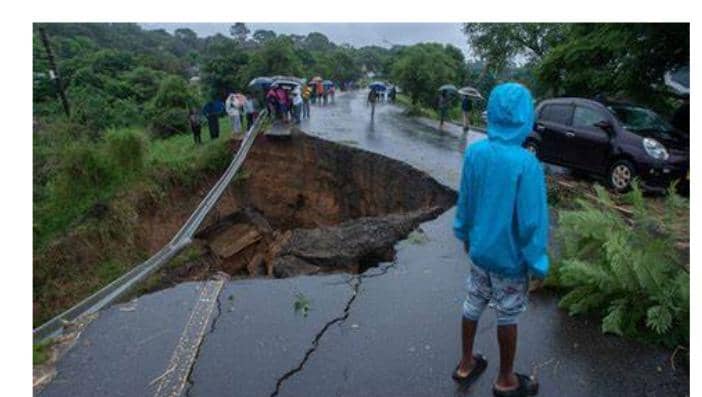
 Mama FM
Mama FM

 Mama FM
Mama FM
1 July 2025, 9:37 pm
By Byamukama Alozious
During a webinar hosted by Media for Environment, Science, Health and Agriculture (MESHA) and the Health Journalists Network Uganda (HEJNU), experts from Uganda, Zambia, Kenya, Tanzania, and other countries convened to explore solutions to the growing challenge of climate change and its impact on health and gender.
Dominic Nyasulu, National Coordinator of the National Youth Network on Climate Change (NYNCC), highlighted alarming statistics from Malawi, where over 50 disasters linked to hydrometeorological events—including storms, floods, landslides, and droughts—have been recorded since 1980, affecting millions of people.
Tropical Cyclone Freddy, which struck southern Malawi in March 2023, triggered flash floods, mudslides, and widespread destruction. The total impact of the cyclone is estimated at $506.7 million, with physical damages amounting to $347.2 million and economic losses assessed at $159.5 million.

The experts also noted that biomass accounts for 97% of Malawi’s energy supply, with 59% used as firewood and 41% converted into charcoal. This reliance has led to extremely high levels of Household Air Pollution (HAP), which is the leading environmental cause of death globally, affecting two-thirds of the world’s population. In Malawi, HAP poses the most significant air pollution threat, with levels of fine particulate matter far exceeding safe limits.

The experts stressed that climate change exacerbates existing gender disparities, particularly in agriculture, livelihoods, and access to resources. It can lead to an increase in gender-based violence, contribute to rising cases of child marriage, worsen maternal and neonatal health outcomes, disrupt sexual and reproductive health services, and limit access to contraception.
Mweetwa Mudenda from Lusaka Apex Medical University emphasised the urgent need for urban cooling and adaptation strategies in Zambia, where urban heat and air pollution pose serious health risks.
Brighton Aryampa, a Ugandan climate advocate and Team Leader of Youths for Green Communities (YGC), echoed the call for action, underscoring the vital role of youth-led initiatives in tackling the climate crisis.
The webinar highlighted the need to address the health impacts of climate change, including maternal health, non-communicable diseases, and mental health disorders. The experts called for collective action to mitigate these effects and build a more resilient future for Africa.
As the world prepares for the UN COP30 summit in Brazil, the experts underlined the importance of developing a national strategy that integrates climate and health priorities.